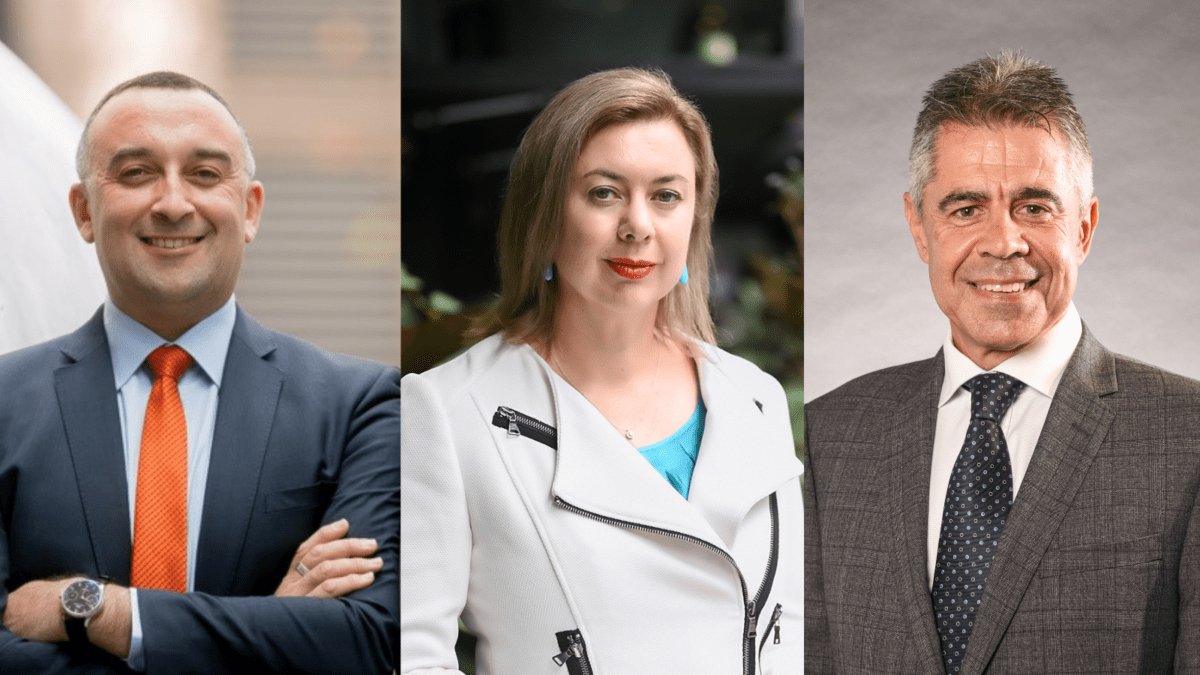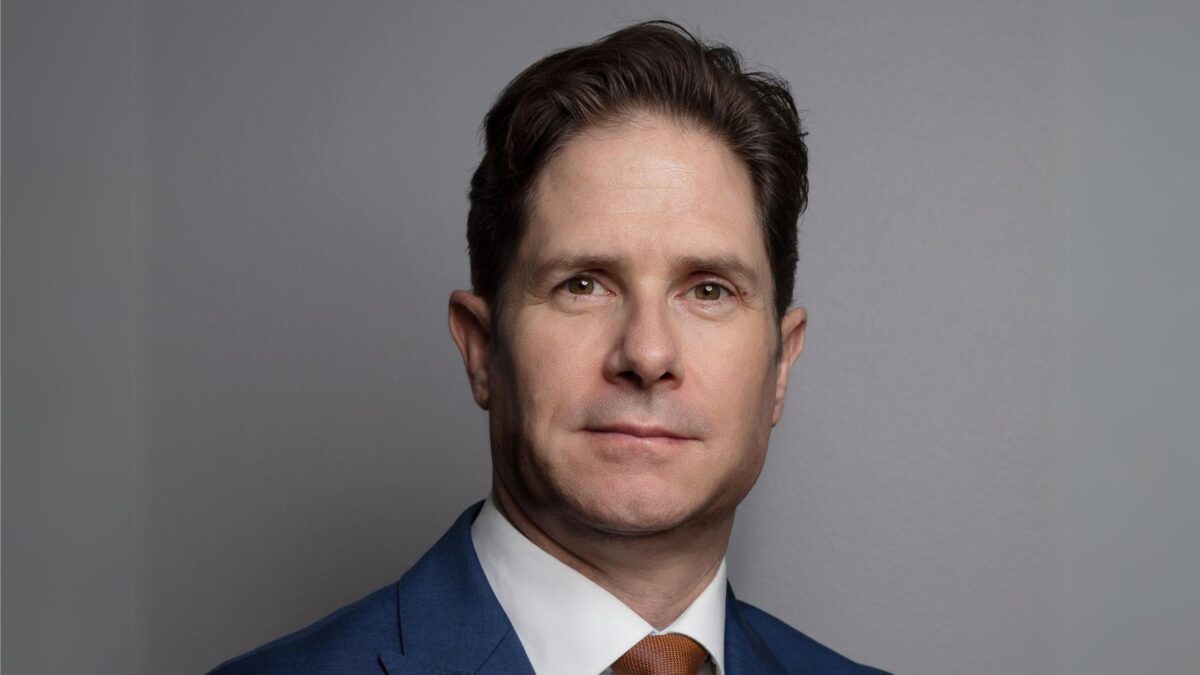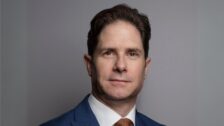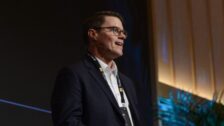Short-term market focus hurting long-term innovation
Australian Ethical’s Master Class session, hosted by The Inside Network, was titled “Investing for a better world.” It brought together external industry influencers to discuss how technologies will shape and dominate the next few years, with a particular focus on blockchain and recycling products. It was a practical panel session to give investors a real world view of the path ahead.
“When you think about winding the clock back to 1992, the list of things that you take for granted today, simply wasn’t there. From a digital perspective, it’s absolutely startling. No email. No internet. No photoshop. No smartphones. And yep, you guessed it, no Facebook or Instagram. It must have been a pretty unproductive and inefficient place.”
But was it?
Scott Dinsdale, MD of Futurenext, says “The world back then was a very different place. Fast-forward to today, and we’ve got driverless cars, artificial intelligence and the digitisation of just about everything. Back in 1992, it sounds like a pretty quiet place, if you compare it to the current day. Technology at the end of the day tends to be a tool rather than a means to an end.
“The world will look different in ten years’ time, let alone by 2050. The short-term focus on investment markets tends to hold back long-term, innovative thinking, yet this is where tomorrow’s winners with the most unapparent unlikely beginnings are found,” says Dinsdale.
An area of new technology is the plastics recycling sector. David Hodge, founder and chief executive of recycler Plastic Forests, gave investors a glimpse of the current plastic recycling market, saying “Fossil fuels make up the lion’s share of carbon emissions. With new cracking facilities being opened, there has been a 40% rise in plastic production, or 120 million tonnes of plastic a year.” Plastics remain on the planet and take many years to break down, which means the need for recycling is greater than ever. Visy, Pact Group (ASX:PGH) and Cleanaway (ASX: CWY) are the main players in the recycling market.
Australian Ethical’s John Woods took the conversation into asset allocation, and themes that will influence the future. According to him, “the Energy Transition Council says it will take $1 trillion-$2 trillion each year to transition to net zero by 2050. The total market cap of the global energy sector is only $2 trillion, so it’s like recreating that every year.”
Another area that is undergoing substantial change is 3D printing. These are long-term trends and to invest in this sector requires a long-term view. Investing in early-stage companies helps them grow, and this compounds and starts to displace the older players in the portfolio. The position goes from a small portion of the portfolio into a large holding. Woods is overweight to Healthcare, IT and Utilities, with renewables playing an increased role in energy supply.
Angela Ashton, CEO of Evergreen Consultants, brings up an interesting point. Many investors are up to speed with climate change in the very near term. The reality is, when people see a financial adviser, they want something green or of that nature.
Shifting to cryptocurrency, Dinsdale comments, “some of the products in blockchain and the NFT (non-fungible token) sports stuff, are about a business driven by fans and acquisition. Speculation is going on there. It’s early days but ultimately, it’s about building a serviceable infrastructure within the framework of the digital eco-system itself. It’s what makes banks nervous. They no longer have this position of control due to the decentralised blockchain technology.”
Will a particular crypto be the winner, he asked? “Some will become popular, and some won’t. The winner will be based to a degree on the technology, but more so on the ability of that company to garner applications built around them and to build their base,” says Dinsdale.
And to sum up the session, Plastic Forests’ Hodge was asked what his sources of capital have been. Hodge says, “It’s been all my capital, but we have also received Federal Government grants and New South Wales EPA co-funded 50 cents into the dollar moving into capital. So, there is a lot of public money that goes into the space, but the decision of where we go next is still up in the air,” he concludes.











